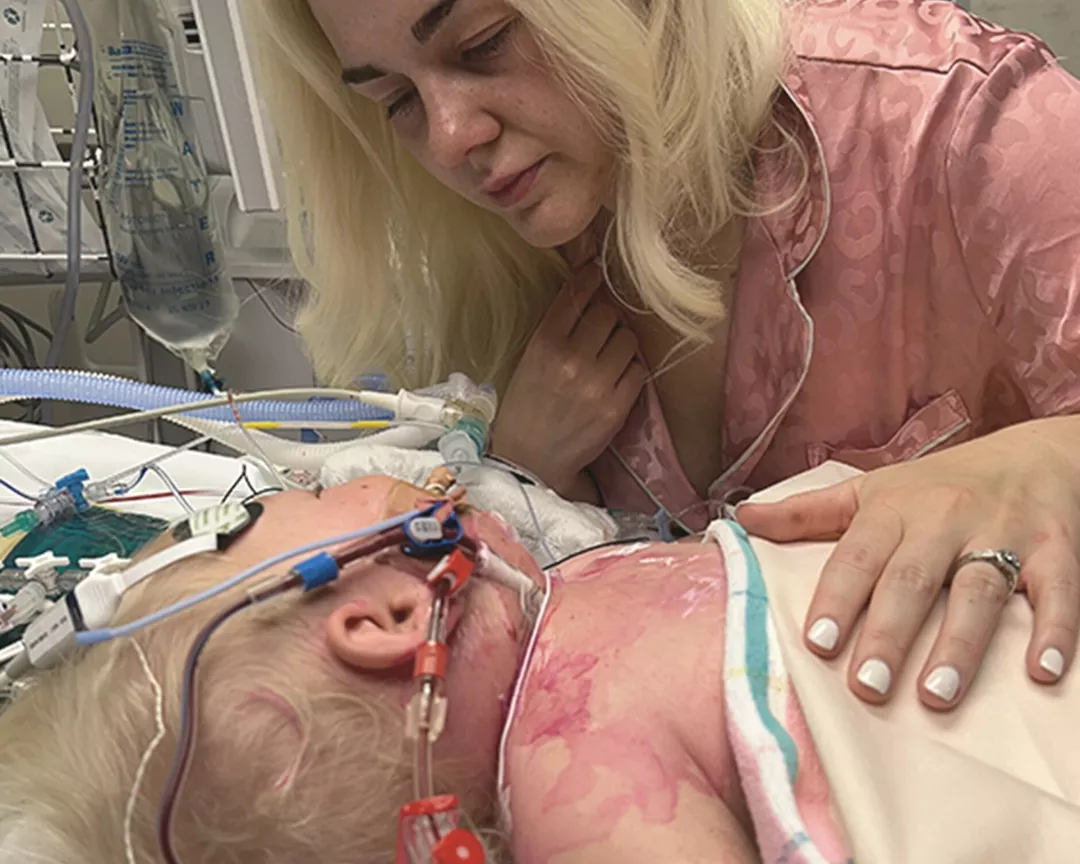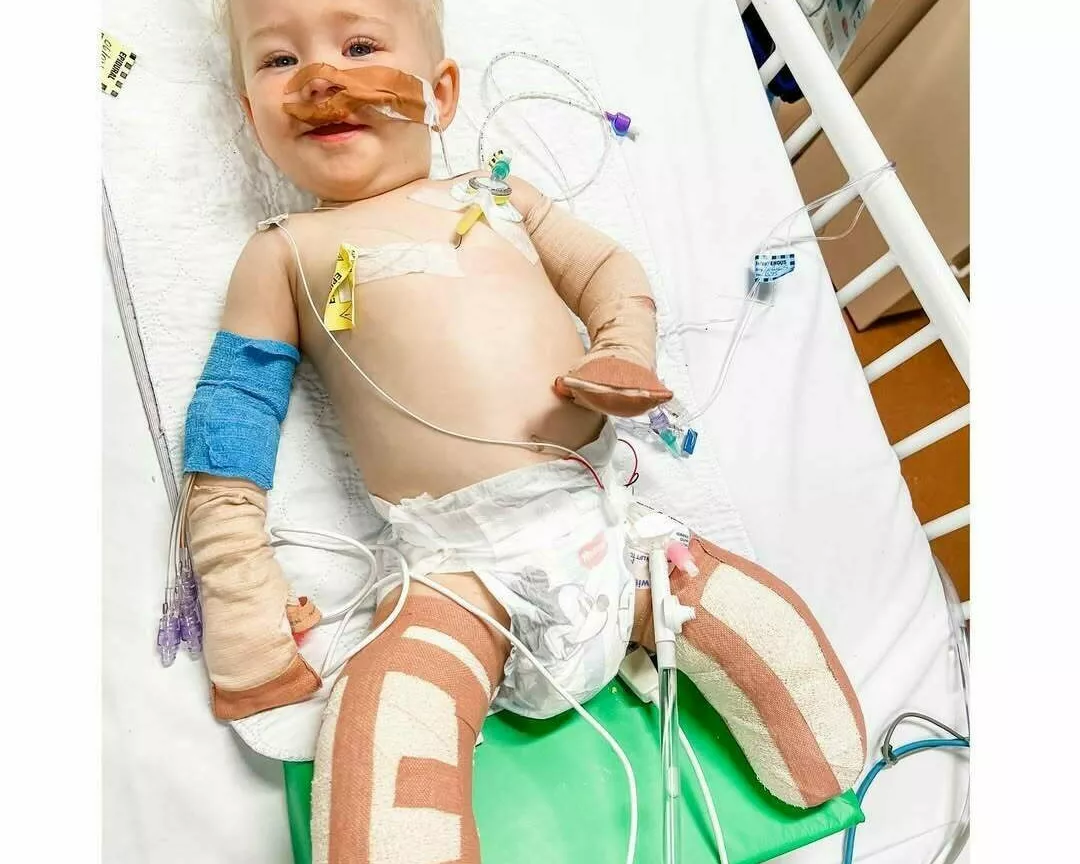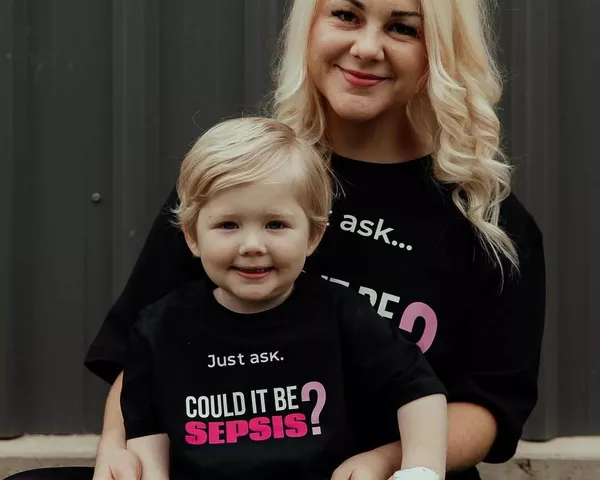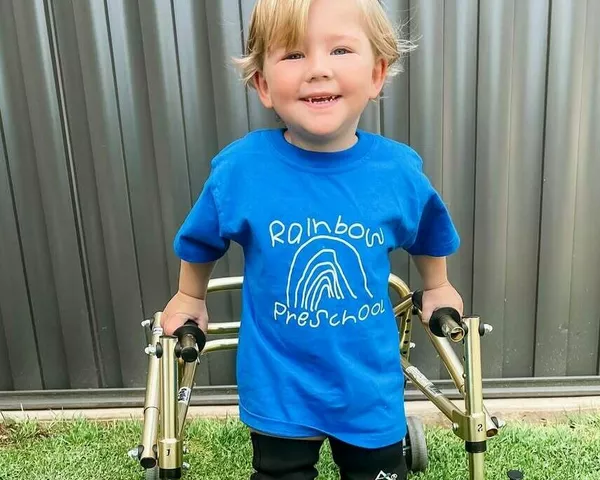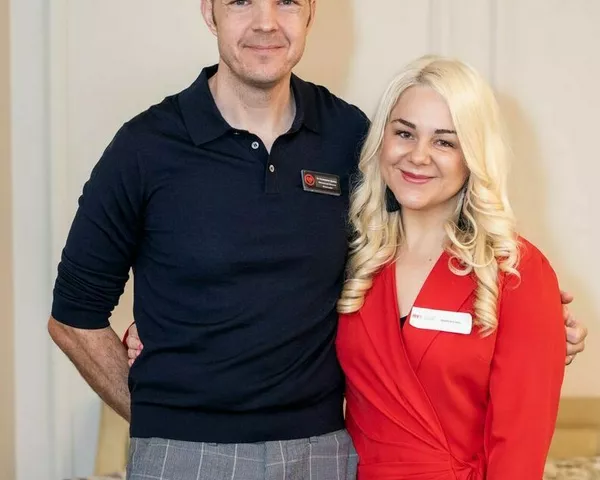A team of researchers at the Heart Research Institute (HRI) in Sydney is working to develop a first of its kind treatment for the cardiovascular complications of septic shock, one of the world’s deadliest conditions.
Dr Christopher Stanley, Head of HRI’s Microvascular Research Laboratory, has been examining how sepsis affects the tiny arteries that regulate blood pressure - and said a greater understanding of the drop in blood pressure could be a game changer in trying to develop new therapeutic targets.
“We aim to identify new targets that can reverse the drop in blood pressure seen in septic shock” said Dr Stanley. “Septic shock is a common complication of sepsis and is associated with disruptions in arterial signalling, structure and mechanics, which ultimately contribute to the high fatality rates associated with the condition.”
Dr Stanley is furthering the work of our recently retired Professor Roland Stocker, and was working in Professor Stocker’s laboratory when a key chemical was identified as being responsible for the sudden and life-threatening drop in blood pressure that occurs during septic shock.
“I am working to take those findings and turn them into therapies,” Dr Stanley said. “My aim is to develop a deeper understanding of the cause of this pathology, and more importantly give clinicians the tools they need to treat the condition before it becomes fatal.”
Ryan suffered septic shock when he was 13 months old and had to undergo multiple life-saving surgeries, including the amputation of both legs and several fingers.
When it escalates to septic shock, blood pressure collapses, organs shut down, and death can occur within hours, with sepsis claiming 8,700 Australian lives each year.
This new treatment would give hope to people like little Ryan Lines and his family. Ryan was just 13 months old when he went into severe septic shock and had a cardiac arrest. But against all odds, after 10 agonising minutes of CPR, Ryan’s heart started beating again.
Sadly, Ryan’s fight was far from over. He spent a month in intensive care, battling for his life. By February 2023, Ryan needed life-saving amputation surgery due to the damage caused by the infection.
While the Lines family have a lifelong journey ahead, they are so grateful their little boy survived.
“No family should have to go through what we did,” Jess shared. “We are so grateful that Ryan is still with us, but we have a long road ahead. I urge everyone to learn the signs of sepsis and to support the incredible work of Dr Chris Stanley and his team. Their research could, one day, mean the difference between life and death for someone you love.”
Ryan with his mum Jess (left) and with Dr Christ Stanley (right).
“It’s like the arteries forget how to do their job,” Dr Stanley explained. “They can no longer contract and relax in the way they need to, which causes blood pressure to plummet and that’s often what contributes to fatalities.
“There is currently no clinical treatment to prevent this and very little is understood about how sepsis devastates the arterial system and causes such high fatality rates."
While many global trials have tried and failed to stop this collapse, work being done at the HRI could point to a precise biological mechanism that could lead to new treatments specifically targeting the arteries.
Dr Stanley’s team is currently using a range of septic shock models to study how the newly discovered chemical impacts the cardiovascular system, and how it can be blocked or regulated to restore healthy blood flow.
HRI is highlighting the life-saving research as part of its end-of-financial-year tax appeal, with Australians being asked to support them, with all donations over $2 tax deductible before June 30.
“Every donation brings us closer to saving lives,” Dr Stanley said. “Sepsis is an urgent problem, but we finally have a way forward. We just need the resources to act on it.”
“With public support, we can accelerate our work and turn this discovery into a treatment that prevents organ failure and death.”

